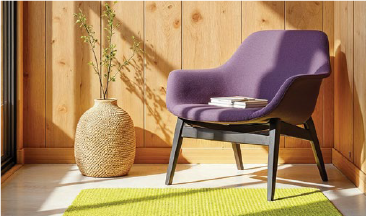We are in the times of modern interiors and modular furniture, which includes enhanced precision and consistency, which promotes unlimited luxury, and that’s a requirement for plywood. This is where calibrated plywood comes into play; the even thickness and high-quality finish make it a go-to material for architects, furniture designers, etc.
Ever thought, how the accuracy of calibrated plywood is maintained? There is an enhanced and high-level quality check process by manufacturers like Kokam Ply. Are you a dealer, architect, or contractor which need to know these quality checks?
Are you a manufacturer? This can be a golden ticket for you to get included in the best plywood manufacturers in India. So, without further ado, let’s dive into the important quality checks that every calibrated plywood should follow to maintain consistency.
Quality Checks for Calibrated Plywood
- Raw Material Inspection: The First Gatekeeper
Quality plywood starts with quality wood. The first check in the manufacturing process is raw material inspection, namely logs and veneers.
Why it matters:
Substandard or moisture-rich wood may lead to warping, irregular calibration, and lower durability. Manufacturers check for:
- Wood species consistency (e.g., Gurjan, Eucalyptus, Poplar)
- Moisture content (less than 12%)
- No rot, holes, or knots
Buyer tip: Always inquire about the core and face veneers used before a purchase.
- Glue Line Quality Test: Where Strength is Sealed
The adhesive between the layers is what characterises plywood’s strength. Phenol formaldehyde (PF) or melamine urea formaldehyde (MUF) resins are used by most producers.
The criteria for tests are:
- Adhesion strength
- Resistance against delamination in boiling water (in the case of BWP-grade plywood)
- Spread uniformity of adhesive
Manufacturers subject the glue line to laboratory testing to make sure it resists stress, humidity, and heat.
- Thickness Calibration: The Core Differentiator
This is what is different about calibrated plywood. It is precision-sanded and calibrated with the latest equipment.
What to look for:
- Thickness tolerance of ±0.1 mm
- Smoothness and evenness across the whole sheet
- Consistency in core veneer layering
When the thickness is consistent, fabricators and carpenters can handle it quickly and more precisely. This is particularly important in CNC routing, modular fittings, and machine-based carpentry.
- Preservative Treatment: To Last Long and Remain Durable
For resistance against attacks from borers, termites, and fungi, the core veneers and finished boards are treated chemically.
Must-pass quality standards:
- Vacuum pressure treatment (VPT)
- Chemical penetration tests
- Odour and visual inspections to confirm chemical overuse isn’t there
This test guarantees that the plywood remains usable for decades, particularly in damp or infestation-prone areas.
- Dimensional Stability Test: Because Warping is a Dealbreaker
Twisted, warped, or cupped plywood after it’s installed can destroy entire projects. That’s why dimensional stability is an absolute quality inspection.
How it’s tested:
- Moisture absorption and swelling under controlled conditions
- Heat and humidity exposure tests
- Mechanical load resistance
Only those sheets that retain shape in the above tests are considered fit for marketing distribution.
- Face Veneer and Surface Finish Inspection
Once pressed and sanded, the end surface should be good to look at, patch-free, and fine enough for laminates, paint, or polish.
Quality checks involve:
- Visual inspection for cracks, patches, overlaps
- Uniform grain and finish
- Smoothness and no warping along edges
Surface quality is not only about appearance, it’s also about bonding strength with outside laminates or veneers.
- Core Gap and Overlap Testing
Core gaps and overlaps weaken the board and are a big red flag.
Testing includes:
- Random core sampling
- X-ray or ultrasonic core scanning in sophisticated setups
- Manual cutting and internal inspection
A good sheet should have no core gaps, particularly in structural-grade plywood.
- Load Bearing & Flexural Strength Testing
In order to guarantee that plywood can support weight without curving or shattering, manufacturers carry out stress tests in terms of bending strength and load capacity.
Quality inspection includes:
- Static bending test
- Modulus of rupture (MOR) and modulus of elasticity (MOE)
- Shear strength between plies
These tests of mechanical properties are very important for plywood in load-bearing furniture or wall panels.
- Water Resistance Testing
Whether it’s BWR (Boiling Water Resistant) or BWP (Boiling Waterproof), water resistance is a major guarantee of calibrated plywood.
Testing procedure:
- Immersion in boiling water for 72 hours
- Delamination or swelling observations
- Drying and rechecking for any warping
For high-end use in kitchen or bathroom applications, this test is a make-or-break factor.
- Third-Party Certification & In-House Audit
The ultimate seal of confidence usually comes from independent certifying organisations. Some of the top plywood producers in Lucknow and the rest of India have:
- ISI certification (i.e., IS:710 for BWP)
- FSC certification for responsible sourcing
- Internal quality checking systems with batch tracing
This brings another level of assurance, and buyers receive value for money.
Why These Quality Checks Matter?
For homeowners, architects, or construction workers, every plywood layer matters, literally. A single quality flaw can lead to furniture warping, peeling laminates, termite invasions, or collapse.
And that’s why, in every buy of residential interiors or commercial constructions, always engage a Calibrated Plywood manufacturer who abides by these ten quality standards.
Choose Quality, Choose Longevity.
We are rapidly moving towards the future of plywood construction as interior design is more about precision, speed, and sustainability. This is where calibrated plywood fits perfectly in the vision and dreams of the designers and architects.
When you are deciding to purchase plywood for yourself, along with the pricing and marketing claims. Check for the quality check and also demand a walkthrough throughout the process as a buyer. So, the manufacturers who maintain the highest standards can be called the best plywood manufacturers in India.If you are on the lookout for a reliable and durable plywood option, explore leading brands like Kokam Ply. We are among the best plywood manufacturers in Lucknow, known for certified, calibrated plywood products, and ethical manufacturing makes us stand out. Connect with us today and keep yourself safe from duplicate calibrated products.


